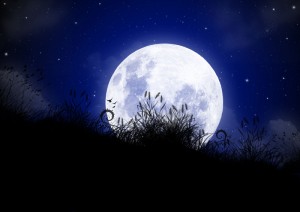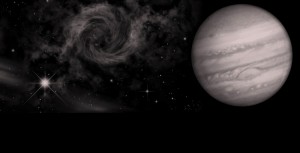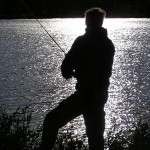Stargazing While Camping
 Gazing at the stars in the night sky is a perfect way to relax and unwind at the end of a camp day’s activities and if you’re travelling with young children, it can be a fun way to end the day, its educational too! With children, it’s usually best to begin with the basics and nowhere is more enjoyable to start doing this as when we go camping. As they get a little older and begin to develop an interest, it’s useful to buy them an astronomy book so they can start to identify the different major constellations such as The Great Bear and Orion’s Belt, to name just two.
Gazing at the stars in the night sky is a perfect way to relax and unwind at the end of a camp day’s activities and if you’re travelling with young children, it can be a fun way to end the day, its educational too! With children, it’s usually best to begin with the basics and nowhere is more enjoyable to start doing this as when we go camping. As they get a little older and begin to develop an interest, it’s useful to buy them an astronomy book so they can start to identify the different major constellations such as The Great Bear and Orion’s Belt, to name just two.
You can simply huddle up on a blanket and ask them to point out a few landmarks like the moon for starters. They should have no trouble with that so to make it even more enjoyable, you can start by asking them if they can see a man’s face in the moon or sing nursery rhymes that talk about the moon.
Star gazing can be educational in many ways. Your children will learn about history and about how each of the days of the week were named after objects in the sky. Geographically, they’ll learn about how sailors often used the whereabouts of the stars to navigate the oceans and, from a science perspective; they’ll soon learn how to tell the difference between a star and a planet.
What Equipment do You Need?
Many campers, including myself, will tell you that the beauty of star gazing is simply lying outside the tent on a warm blanket and gazing up at the stars in the dark night sky. Camping should offer some of the best opportunities for this as you usually pitch camp far from any street lights or neon signs more commonly associated with towns and cities.
I have done this on many a camp trip and it truly is amazing and exciting for the kids!
Whether you’re using visual aids or simply viewing the stars with your naked eye, make sure you are in a dark place. Turn off any car lights and your mobile phone and you’ll soon notice that away from the city lights, city air and city noises, you’ll discover peace and tranquillity.
 Spotting the Planets
Spotting the Planets
The first thing to remember is that not all planets are visible year round but there are plenty of book and magazine resources and internet sites which can tell you what you can expect to see on a clear night at any given time of the year. Besides the moon and the sun, Jupiter and Venus are two of the brightest objects in the sky and Saturn and Mars can also be seen with the naked eye on occasion.
Binoculars or Telescope?
If you’re just starting out, a good pair of binoculars is probably going to be a cheaper option and has the added advantage of being able to double up for bird watching or wildlife spotting on camping trips. However you decide to approach it, simple star gazing on a camping trip is inexpensive, can be enjoyed by people of all ages and is a marvellous way to unwind at the end of the camping day. And, if you or your children become passionate about it, you never know where that may lead to in the future.
Star light, star bright
The first star I see tonight;
I wish I may, I wish I might
Have the wish I wish tonight!
Author: Rosie Austin
(The CampTrip Team)





[…] Star gazing can be educational in many ways. Your children will learn about history and about how each of the days of the week were named after objects in the sky. Star gazing can be educational in many ways. […]